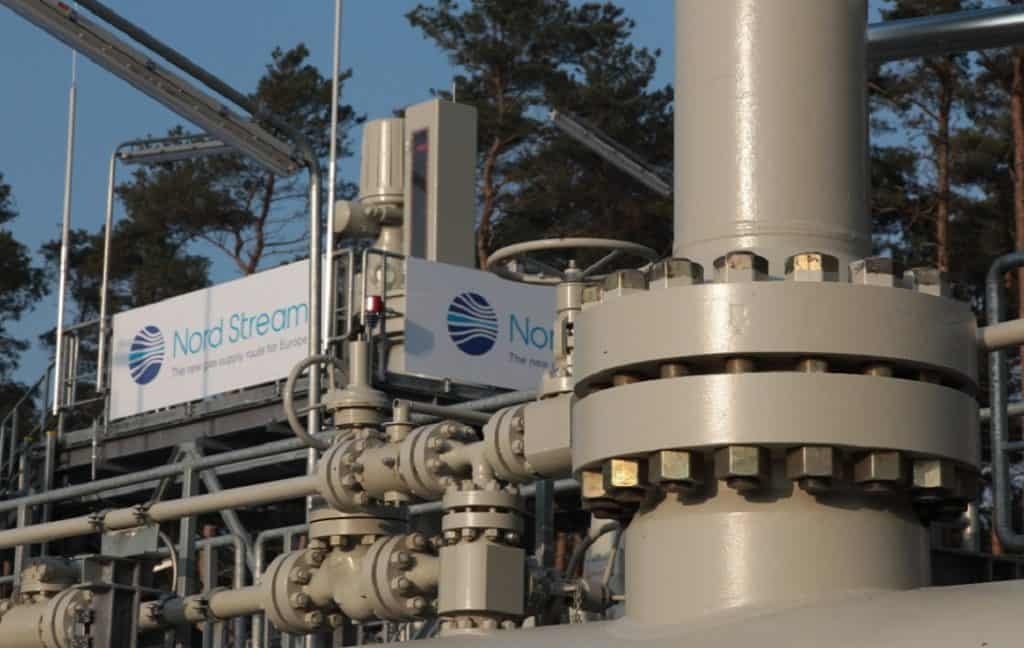By Nikola Mikovic
Media around the globe tend to portray Russia as a powerful sovereign state, while the Kremlin strongly pushes for the country’s self-sufficiency. Critics, however, claim that the Russian Federation is a modern colony of the Western powers and is heavily dependent on the West. What is Moscow’s real position in the global arena?

It is estimated that at the beginning of the reign of Tsar Nicholas II – the last Russian emperor – foreign corporations controlled 20-30 percent of capital in Russia. In 1913 they controlled 60-70 percent, and by September 1917, 90-95 percent of the Russian capital was in hands of foreign companies. During the Soviet era, it was the government that control the economy. After the breakup of the Soviet Union in 1991, most of the Russian capital ended up in pockets of the powerful oligarchs. Many of them are linked with Western powers and keep their assets either in Western banks or offshore.
It is estimated that total amount of funds that Russian citizens hold in British offshores – in the Virgin and Cayman Islands – is 34 billion pounds (47 billion US dollars). This information was published in 2018 by the British weekly The Sunday Times with reference to the materials of the international non-governmental organization Global Witness, which fights corruption and environmental crimes in countries exporting natural resources. Thus, it is no coincidence that certain Western countries periodically threaten to freeze assets of Russian oligarchs. Their threats can be interpreted as a pressure on the Kremlin, given that many oligarchs are still connected with Russian authorities.
For now, the Western powers abstain from imposing hard sanctions on Russia, even though relations between Moscow on the one hand, and Washington and Brussels on the other hand, could be described as a new Cold War. In spite of that, Moscow remains dependent on Western goods and technology. Two Western companies – Aviagen Brands and Cobb-Vantress – control 90 percent of the chicken market in Russia. It is worth noting that due to the termination of hatching eggs from the Netherlands, Russia recently faced a shortage of chicken meat. Such an action could be explained as another evidence of Russia’s dependence on the West. In addition, it has been reported that Moscow has delivered Siemens-made turbines to Crimea in 2017 to be used for the construction of two power plants in the disputed peninsula. Russian-registered firm ZAO Interautomatika – 43 percent of which, according to public records, is owned by Siemens – has been hired to help install electricity turbines in Crimea, which reportedly caused anger in Germany. Moreover, even though the Kremlin tightens grip on US social media giants, it is quite debatable whether Russia has competitive manufacturers of software, IT technologies, computer equipment, as well as the infrastructure for the production of mobile communications. According to reports, almost 30 per cent of all advanced technologies used in production in the Russian Federation are purchased abroad.
The very structure of the Russian economy suggests that the country is strongly dependent on consumers of the Russian raw materials. At the same time, prices for raw materials supplied abroad – primarily oil and natural gas – are set not by Russia, but by the consumer countries or “the world market”. Russia’s export of energy depends on transit countries as well, which creates serious problems for the Kremlin’s ambitious geopolitical projects. The very energy policy of the Russian Federation perfectly illustrates Moscow’s strong links with certain Western structures. Karin Kneissl, Austria’s former foreign minister, has recently been nominated for a seat on oil giant Rosneft’s board of directors. Rosneft – Russia’s leading oil corporation – is the third largest company in Russia and the second-largest state-controlled company after Gazprom in terms of revenue. Besides Kneissl, another Rosneft official is former German Chancellor Gerhard Schroeder, whose father died in World War Two fighting the Red Army. Schroeder is also chairman of the shareholders’ committee at Nord Stream AG, a Gazprom-led consortium established to build a pipeline carrying Russian natural gas across the Baltic Sea. On the other hand, Oleg Viyugin, member of the Board of Directors of Rosneft, was a Chief Advisor for Russia and Commonwealth of Independent States to Morgan Stanley Bank, which is yet another illustration of Russo-Western business ties.
However, some Russian economists claim that Moscow is behaving like a modern colony. Andrei Bunich, President of the Russian Entrepreneurs and Lessees Union, argues that Russia has an “an offshore economy”, and its foreign economic policy is dictated by the interests of large private financial institutions. Indeed, reforms in Russia in the early 1990s began with the release of prices and the opening of the national market for the import of goods. Russian stores were instantly filled with a variety of products, and from that moment on, the concept of an open economy in Russia has never been questioned.
“The West began to dictate everything to us everything, and even to determine the parameters of key decisions of the Russian government, including the Central Bank rate, as well as the main parameters of the federal budget”, wrote Russian analyst Vladimir Lepekhin in 2015.
In 2014 Russian President Vladimir Putin said that attracting private investment to Russia should be a boon for the economy, not a problem. In other words, he openly supported the concept of an open economy. Now that the country has been faced with Western sanctions, the Kremlin will have to find a way to diversify the country’s imports, given that modern Russia has been deindustrialized to a significant extent and will unlikely return to the Soviet-style industrial production.
Author: Nikola Mikovic (Journalist, researcher and analyst based in Serbia. He covers mostly the foreign policies of Russia, Belarus and Ukraine)
(The views expressed in this article belong only to the author and do not necessarily reflect the views of World Geostrategic Insights).







